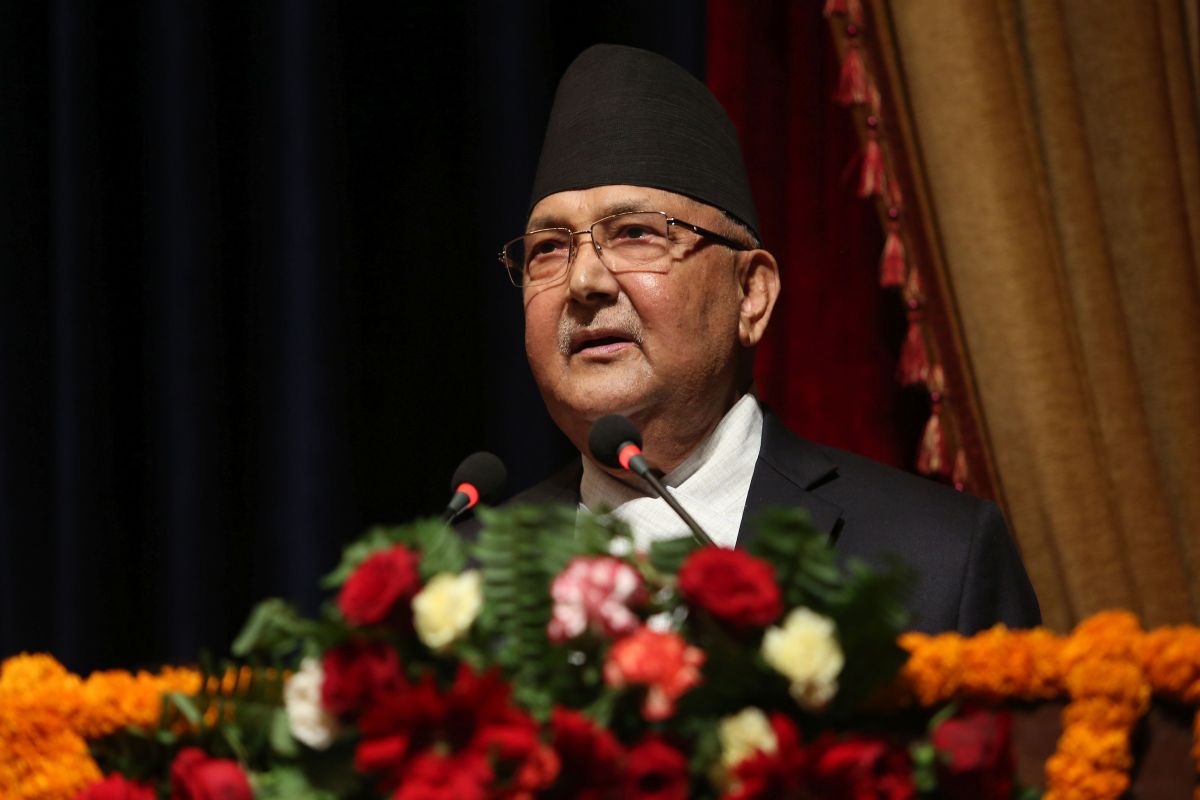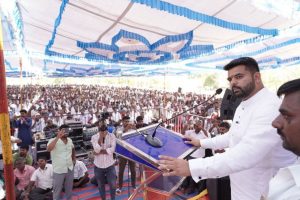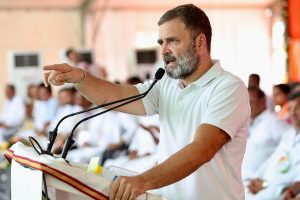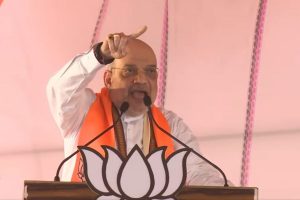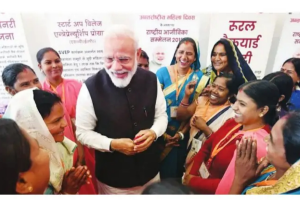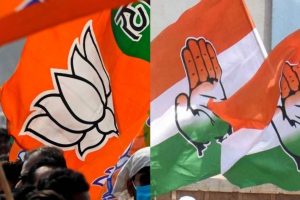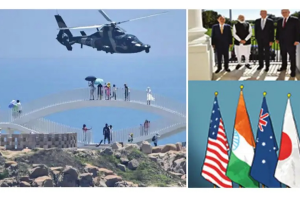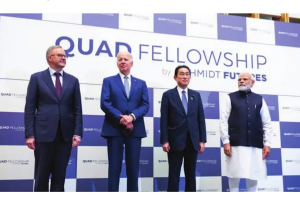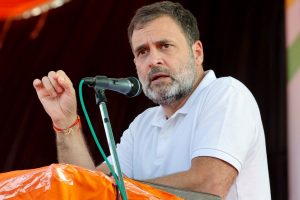The Communist Party of Nepal (CPN-Maoist Centre) may arguably have denuded its ideological moorings with Monday’s decision by Pushpa Kamal Dahal Prachanda to drop the tag of Maoist Centre (MC).
There are not many Left radical entities that have abjured the extremist label. Towards that end, the Prachanda faction of the CPN, as opposed to that helmed by Prime Minister KP Sharma Oli, is quite obviously attempting to play to the gallery of those opposed to the appellation and perhaps expand its support base in the midst of the constitutional crisis.
The party may even be trying to make this faction of the CPN agreeable to the conventional supporters of Communist forces. Prachanda, it bears recall, was always in favour of Communist unity and has been opposed to the emergence of splinter groups, fuelled by extremism in the Himalayan country.
The proposal to change the name of the party follows the Supreme Court declaring its merger with CPN-UML, led by Oli, as null and void. Unwittingly or otherwise, the judicial order has strengthened the Prime Minister’s position in the party, primarily because he has a clear majority both in the Central Committee and parliamentary party.
The CPN (UML) and the CPN (MC) had merged in May 2018 to form a unified Nepal Communist Party following the victory of their alliance in the 2017 general elections. The raging crisis in Nepal has deepened since Sunday when Prachanda asked ministers representing his faction to resign en masse for violating party discipline.
These ministers are generally loath to quit the Cabinet. It has now been claimed by this faction that there are Communist forces around the world who believe that the political philosophy propounded by Marx and Lenin was the “true theory” of Communism. They believe that the tag of “Maoist Centre” could be a distraction for those who are eager to “unify” their parties with the Prachanda faction.
The standing committee of the faction has decided to “call back” all its ministers in the federal government. Should the directive attain fruition, the Oli ministry will be much too truncated for effective governance The government per se will be shaken to its foundations. There has not been a single resignation in the 72 hours between last Saturday and Tuesday morning.
The stalemate persists over the leadership’s fatwa, and the uncertainty deepens with the exclusion of the critical words, “Maoist Centre”. Last Sunday, the Supreme Court had quashed the 2018 unification and granted what it called “authenticity” of the Nepal Communist Party to Rishiram Kattel, who had registered the party in his name at the Election Commission, prior to the formation of the Nepal Communisty Party, helmed by Prachanda and Oli. The plot thickens over parties and politics in the Kathmandu court.

